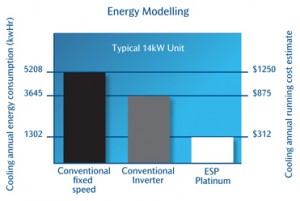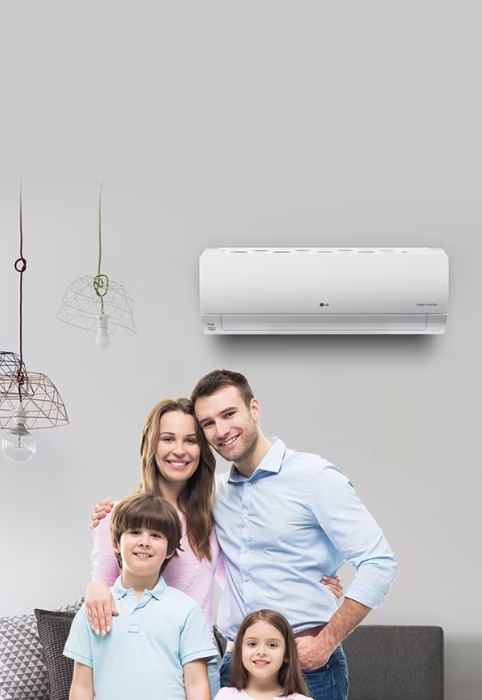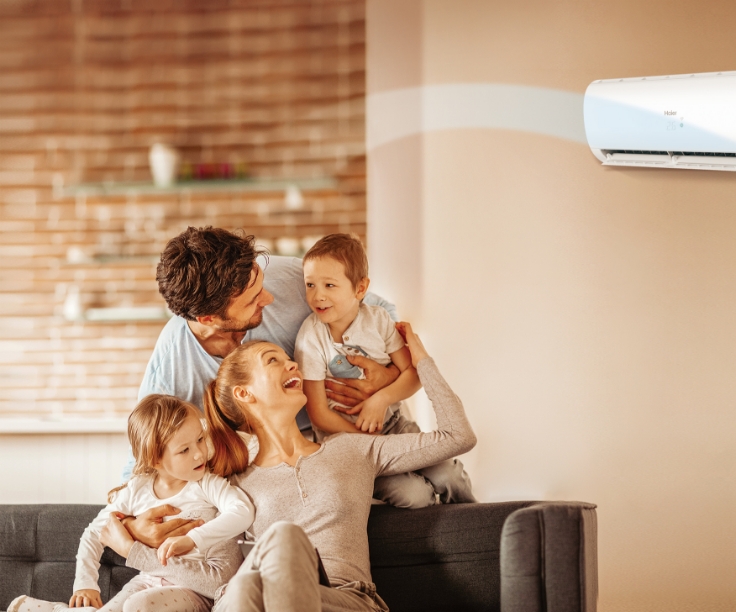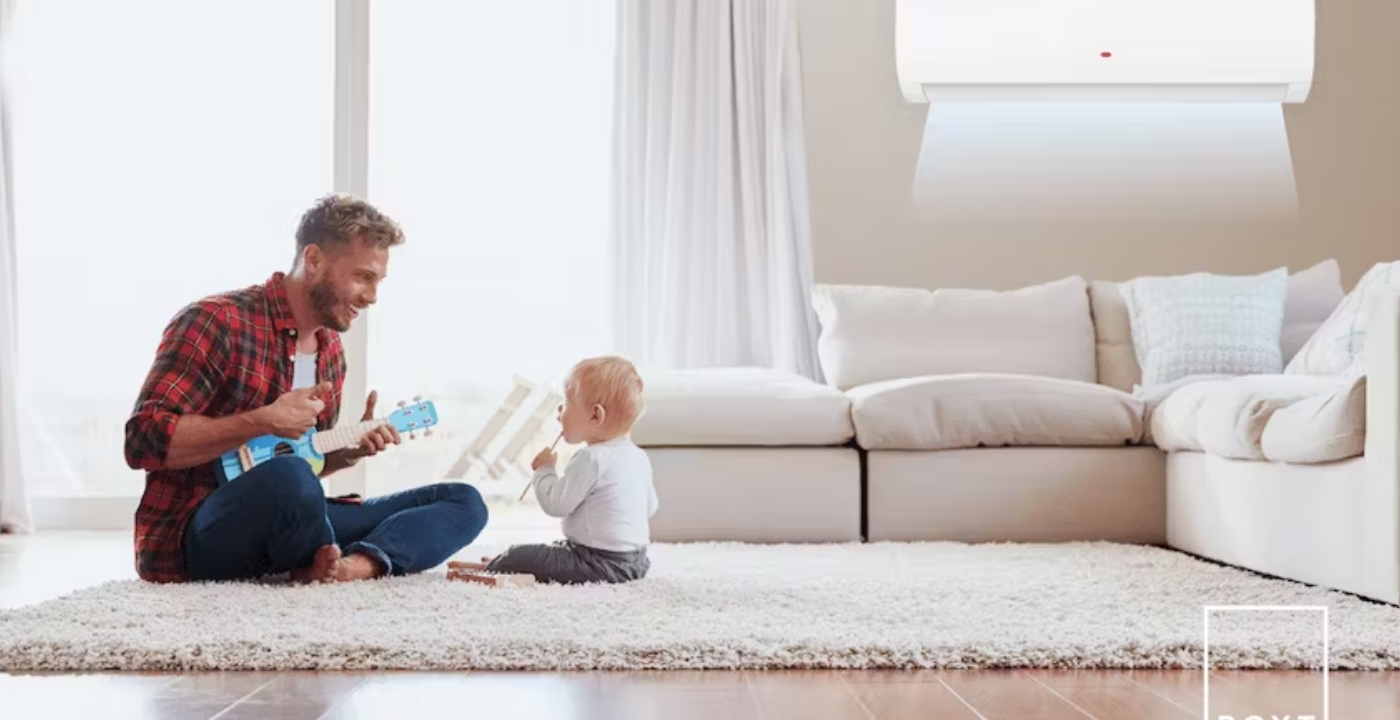Things to Consider When You Buy Air Conditioner
When you are planning to buy air conditioner, it is important to learn as much as you can about it so you will get the ideal one for your needs. Air conditioners actually rely on the same kind of technology that refrigerators do. An air conditioning unit works to remove both humidity and heat in the air. It has four main parts: refrigerant, condenser coil, evaporator coil, and fan. The evaporator coil cools the air inside the room, while the condenser dispels warm air out of the room. The unit cools by delivering air on the refrigerant and the fan blows the now cold air into the room.
Two Main Types of Air Conditioning System to consider when you by air conditioner
- Window Unit – Installed in an open window or in a space in the outer wall created for this reason. This is the best option for cooling a small area in the house.
- Split System – This type has two main parts: the indoor and the outdoor units. The indoor unit has the evaporator coil, blower, and air filter, while the outdoor unit has the condenser coil, refrigerant, and capillary tubing or expansion coil. This is ideal for a room that has no window or if you want to low noise levels from your air conditioning unit.
When you buy air conditioner, check the efficiency of air conditioners.

Things to Remember:
- Regularly clean the filters. To ensure ease of maintenance, select an air conditioner that has a filter that slides out. It would save you energy and money when your filters are clean.
- Energy-efficient air conditioning models can easily handle bigger areas.
- Match the appropriate unit to the area that needs cooling.
- Consider different factors when choosing an air conditioning unit, including number of people occupying the room, number of windows, ceiling height, which direction the room faces, etc.
When you have made a decision to buy air conditioner, you need to know a few things:
- Choose the capacity of the unit required for the area. The general rule of thumb is that a floor with approximately 100 square feet requires one ton of cooling capacity. After conducting a site inspection, a professional can give you proper advice.
- You also have to consider the overall surroundings—whether the area is screened or exposed to sunlight.
- You need to properly drain out the moisture from the room, which is collected in liquid form.
- For the unit to work efficiently, it requires fresh air outside the room. There should not be any kind of source of heat or blockage at the back.
- It is also important to buy air conditioner that has the right capacity, calculated according to the room that requires cooling.
- Cool air does not goe around curves or corners, so if the unit is installed in a corner or curving hall, it could not provide cold air to the other end.
Room and Window Measurement should be done before you buy air conditioner
You need to properly measure the room size where the air conditioning unit will be installed because most of your decisions are based on this. Take note of the width, length, and height of the room. After measuring the room, measure the window where the unit will be placed. Some air conditioner brands do not note the exact dimensions of their units, so you need to know the correct measurement of the window and unit. It will be a waste of time and money if the unit does not fit the window. Lastly, note that the cooling capacity of air conditioning units is measured in British Thermal Units (BTU) per hour.
Here are some suggestions for the proper size of the unit before you buy air conditioner:
- You could lessen the BTU capacity by 10% if the area is really shaded.
- You must add 10% BTU capacity if the area is heavily sunlit.
- If there are more than two individuals who regularly occupy the area, you must add 600 BTU for every additional person.
- Increase the BTU capacity by 4,000 if the air conditioner will be installed in a kitchen.
Additional Suggestions
Apart from considering the size, you must also consider the Energy Efficient Rating (EER) of the air conditioning unit. The EER estimates the operating cost of the unit when compared to similar models. Remember that the operation cost would be less if the EER is high.
Before getting ready to buy air conditioner, you must also check Consumer Reports or product rating articles so you can obtain the unit from recommended models. To know about the durability and quality of the air conditioning units of a certain brand, you need to research about it first. If you are not interested or you do not have time to check brand ratings, then buy a brand that is well-known in the market or something that you already trust.
Know the Safety Measures before you buy air conditioner
Only a licensed electrician should install the power into the panel box when you are adding a new circuit. Moreover, make sure that the air conditioning unit is properly grounded and never change a plug to fit an outlet.
Some other things to consider when you buy air conditioner:
- Warranty – Make sure that the unit has a one-year (at least) warranty that cover parts and labor.
- Temperature Range – If the temperature range spans lower than 20 degrees, it might not be right for your needs, especially if you reside in an area with a hot climate.
- Sleep/Energy Saver Settings – To save money and energy, make sure that the unit has this feature so that the unit slows the cooling process when you are sleeping at night.







